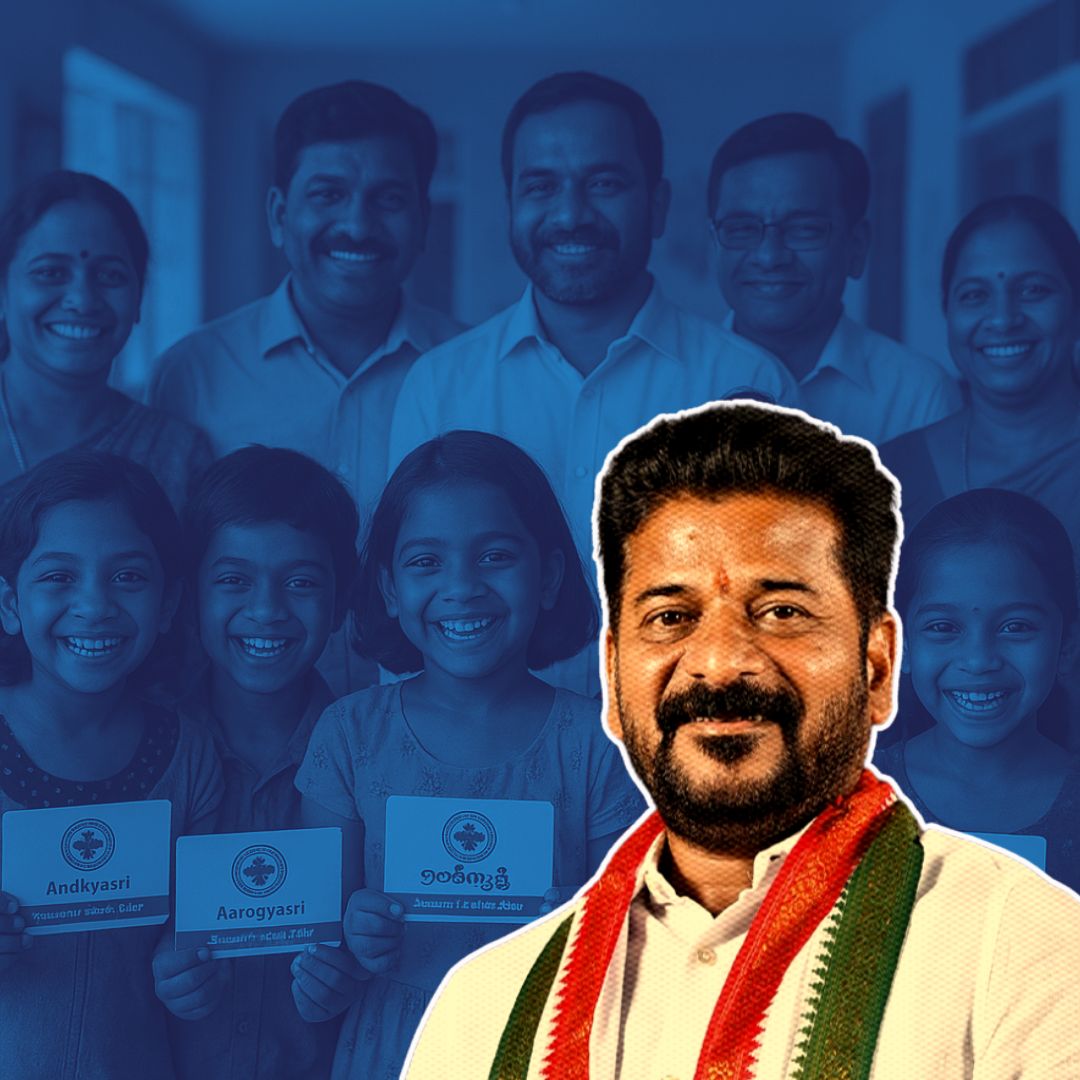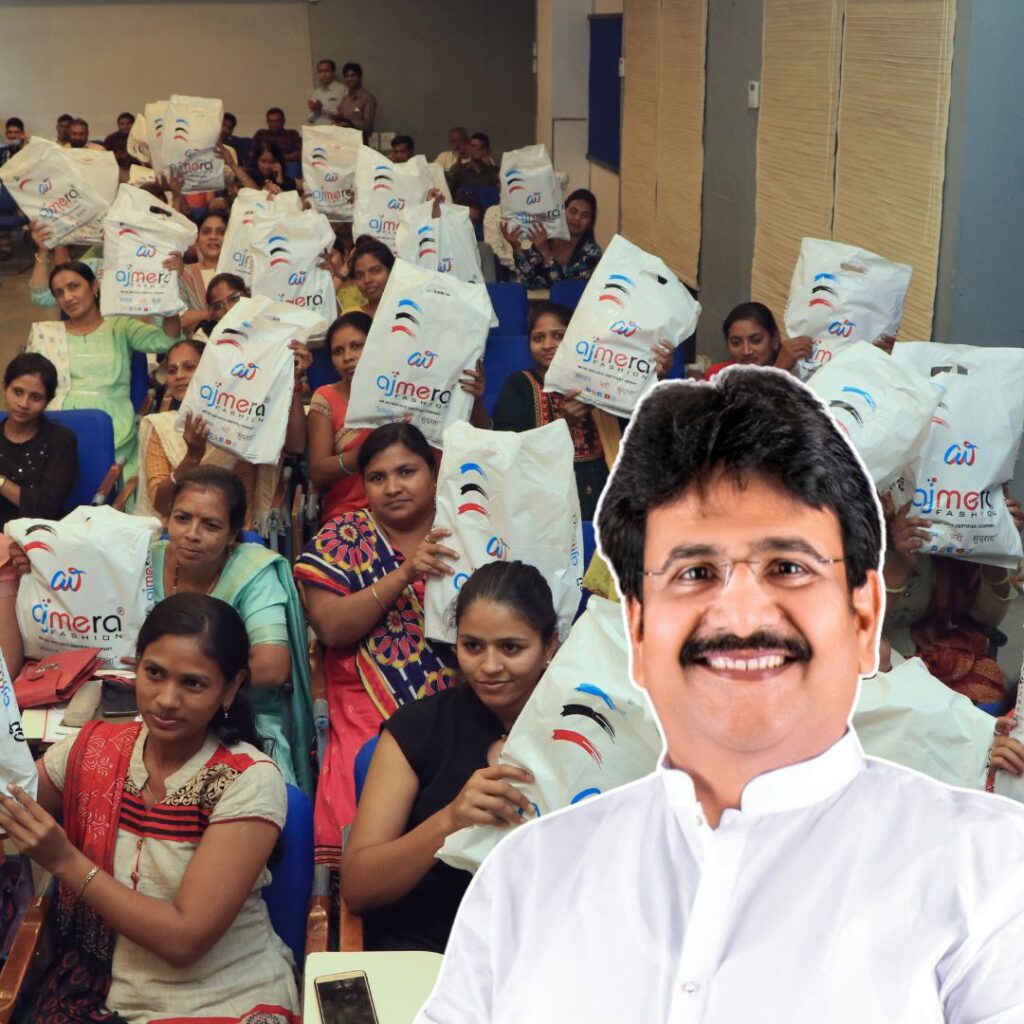The Telangana government has taken a pioneering step by announcing a ₹10 lakh health insurance cover for orphaned children in Hyderabad, making it the district the first in the state to roll out Aarogyasri health cards specifically for this vulnerable group.
This initiative ensures that orphaned children, who often face significant barriers to accessing healthcare, receive comprehensive medical treatment without financial strain. Officials from the Hyderabad district administration emphasised the government’s commitment to child welfare and inclusive healthcare.
Social workers and child rights activists have welcomed the move, highlighting its potential to transform the lives of thousands of orphaned children by providing them with timely and quality medical care.
Hyderabad Leads the Way in Child Health Protection
Hyderabad district’s rollout of Aarogyasri health cards for orphaned children marks a landmark achievement in child welfare. The scheme offers insurance coverage up to ₹10 lakh, which can be utilised for a broad spectrum of medical treatments, including surgeries, critical illnesses, and emergency care.
A senior official from the Hyderabad district administration stated, “We want to ensure that no orphaned child is denied healthcare due to lack of family support or financial resources. This initiative is a step towards fulfilling that promise.”
On the ground, social workers and orphanage administrators have expressed relief and optimism, noting that medical expenses have long been a major challenge for institutions caring for orphaned children. Recent health camps conducted in government-run orphanages have already begun issuing Aarogyasri cards, enabling over 700 children to access free or subsidised healthcare services immediately.
Addressing Long-Standing Healthcare Gaps for Orphaned Children
This initiative comes against the backdrop of growing concerns about the healthcare vulnerabilities faced by orphaned children, especially in the aftermath of the COVID-19 pandemic, which tragically increased the number of children without parental care.
Traditionally, orphaned children have struggled to access health insurance due to legal and financial barriers, often relying on limited funds from orphanages or charitable donations. The Aarogyasri scheme, originally designed to provide health insurance to economically disadvantaged families, has now been thoughtfully extended to include orphaned children as a priority group.
This expansion aligns with Telangana’s broader social welfare agenda, which includes nutrition programmes, education support, and child protection services. Experts believe that Hyderabad’s proactive approach could serve as a model for other districts and states, prompting calls for a nationwide policy to guarantee health insurance for all orphaned children across India.
The Logical Indian’s Perspective
The Telangana government’s decision to provide substantial health insurance coverage for orphaned children is a commendable example of empathetic governance that recognises the unique challenges faced by vulnerable children. By ensuring access to quality healthcare regardless of family circumstances, the state is fostering a culture of dignity, security, and hope.
This initiative not only addresses immediate medical needs but also contributes to long-term social inclusion and wellbeing. In a country where millions of children are orphaned or abandoned, such policies are crucial to building a just and caring society.
We urge other states and policymakers to take inspiration from Hyderabad’s example and work towards comprehensive health protections for all orphaned children. How can communities, governments, and civil society collaborate to expand such initiatives and ensure that every child in India grows up healthy and protected?













